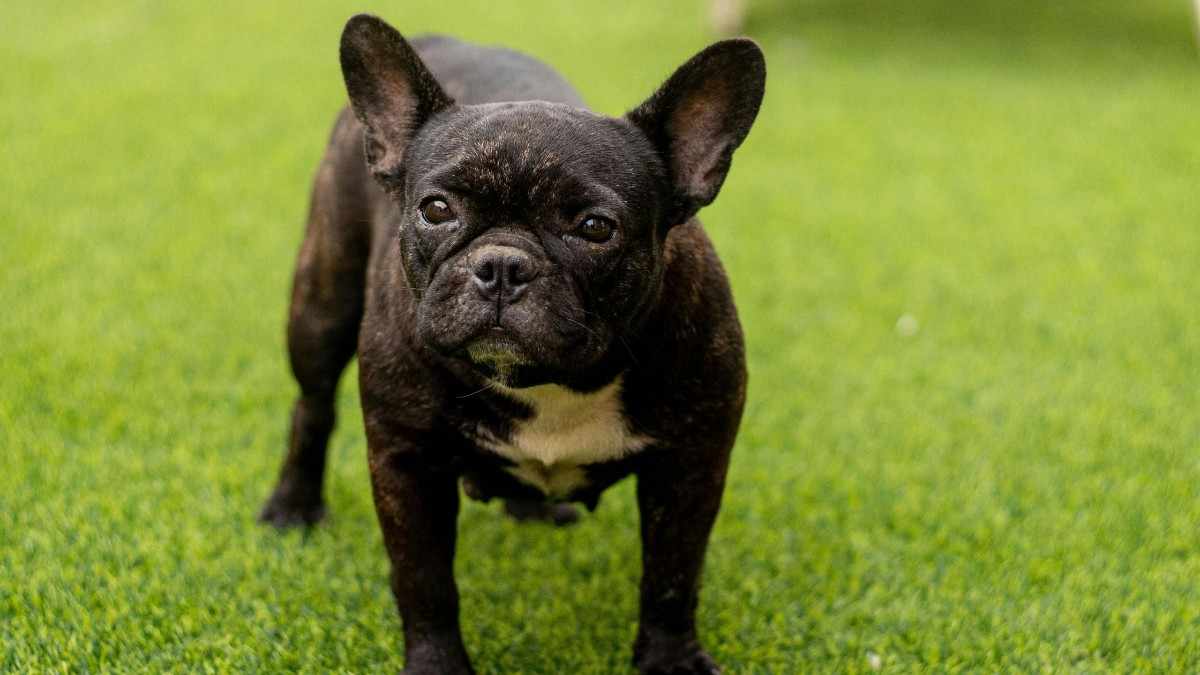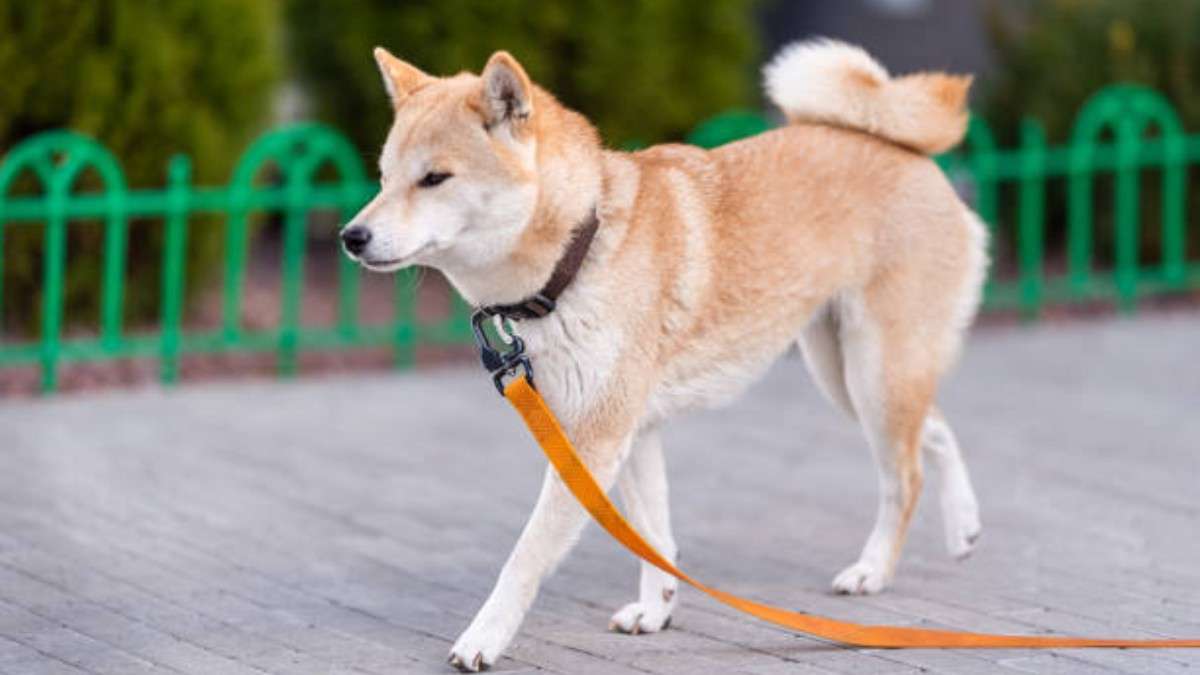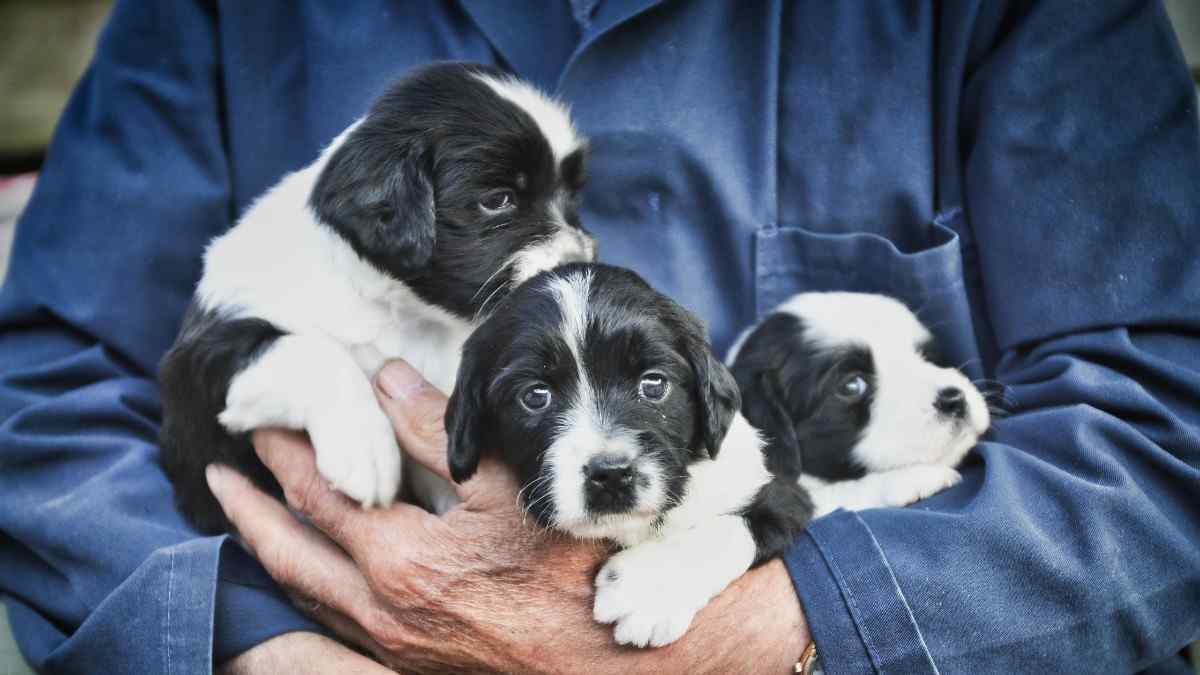Worst Dog Breeds for Seniors You Must Avoid at All Costs
Choosing the right dog breed is especially important in your later years. The goal is companionship, not chaos. Some dogs, while lovable and popular, demand more time, energy, or training than most seniors can realistically provide. Whether it’s due to high energy levels, grooming demands, or stubborn temperaments, certain breeds are simply not ideal for older adults seeking a calm and manageable companion. In this guide we will discuss about worst dog breeds for seniors.
Why Breed Selection Matters for Seniors?
A dog’s breed influences its behavior, care needs, and compatibility with your lifestyle. Seniors typically benefit from dogs that are calm, easy to groom, and not overly demanding.
Physical Limitations and Energy Levels
Many seniors deal with mobility issues, arthritis, or simply prefer a more relaxed lifestyle. A breed that demands daily vigorous exercise can become more of a burden than a buddy.
Grooming Needs and Maintenance
Long-haired breeds or dogs with special grooming needs might look lovely, but the time and money involved can be overwhelming.
Behavioral Challenges and Training Demands
Some dogs are stubborn, aggressive, or high-strung, requiring strong leadership and consistent training something not every senior can provide.
Top 10 Worst Dog Breeds for Seniors
These breeds might be popular, but they’re generally a poor fit for older adults due to their energy levels, size, or temperaments.
1. Border Collie
High-Energy, High-Maintenance
Border Collies are like the Einsteins of the dog world super smart, but that brain needs constant stimulation. Without it, they’ll find trouble… or make it.
2. Siberian Husky
The Escape Artist
These dogs are runners. Huskies need space, exercise, and a very secure yard. They’re beautiful but stubborn, and they shed like it’s their job.
3. Jack Russell Terrier
Small but Mighty And Wild
Don’t let the size fool you. These dogs are tiny rockets, full of energy, and they’ll outpace most marathon runners. They’re also notoriously difficult to train.
4. Dalmatian
Not Just a Pretty Coat
Behind those charming spots is a high-energy dog with a history of stubbornness. Dalmatians need a confident leader and a lot of exercise not ideal for a retiree.
5. Belgian Malinois
Built for Work, Not Retirement
These dogs are basically the Navy SEALs of the canine world. They thrive on work, protection, and training. Inactivity? They’ll go stir-crazy.
6. Weimaraner
Big, Bold, and Needy
Known for their beauty and intensity, Weimaraners form strong bonds but they suffer from separation anxiety and need daily exercise to stay sane.
7. Australian Cattle Dog
Herding Instinct Overload
These intelligent dogs are bred to herd, and if you don’t give them a job, they’ll make one up. You probably won’t appreciate being herded to the kitchen.
8. Akita
Aloof and Aggressive
Akitas are powerful, independent, and sometimes aggressive toward other animals. They don’t always respond well to affection or training from a soft touch.
9. Doberman Pinscher
A Strong Protector
While loyal and intelligent, Dobermans require physical strength and experienced handling. Their protective instincts can be difficult to manage.
10. Chow Chow
Fluffy But Fierce
They may look like teddy bears, but Chow Chows can be aloof, stubborn, and aggressive. They’re also a grooming nightmare.
What Seniors Should Look for in a Dog Breed
Now that we’ve covered the “uh-oh” breeds, let’s talk about what makes a dog senior-friendly.
Calm Temperament
Look for dogs that love to relax and chill on the couch. Avoid high-strung or overly protective personalities.
Low Maintenance Grooming
Short hair, minimal shedding, and low grooming needs can make life so much easier.
Manageable Size
Small to medium dogs are easier to walk, pick up, and care for compared to larger, stronger breeds.
Better Alternatives: Breeds More Suited for Seniors
If you’re looking for a furry friend without the chaos, these breeds are known for their calm nature and lower maintenance.
Cavalier King Charles Spaniel
A lap dog in every sense, this breed is affectionate, quiet, and very adaptable.
Shih Tzu
Cute, loyal, and great for apartment living. Grooming is required, but they’re gentle souls.
Bichon Frise
Hypoallergenic, cheerful, and cuddly. They’re easygoing and eager to please.
Final Thoughts
Choosing a dog in your senior years is all about balance companionship without the chaos. While some breeds may be better left for younger, more active owners, there are plenty of mellow, loving dogs just waiting to be your next best friend.
Take your time, do your research, and remember: the right dog can make your golden years even brighter.
Frequently Asked Questions (FAQs)
Q1: Can seniors adopt high-energy breeds if they hire a dog walker?
Yes, but it still may not solve behavioral issues or high maintenance needs. Choose a breed that fits your lifestyle, not your budget for help.
Q2: What’s the best dog breed for a senior with mobility issues?
Look into small, calm breeds like a Shih Tzu or a Maltese. They’re easier to manage and don’t require long walks.
Q3: Are larger dogs always a bad idea for seniors?
Not necessarily. Some large breeds like the Greyhound are surprisingly calm. It’s all about temperament, not just size.
Q4: Should seniors avoid puppies altogether?
Puppies need lots of training and energy. Seniors may do better adopting adult or senior dogs from shelters.
Q5: What if I already own a high-energy dog as a senior?
Hire a trainer, set routines, and consider doggy daycare. It’s manageable, but you’ll need support.




Post Comment